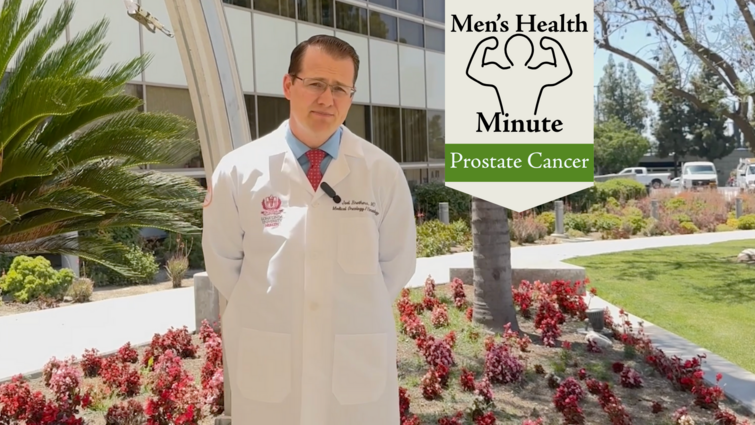

Prostate cancer is the second-leading cause of cancer death in American men
Prostate cancer is the second-leading cause of cancer death in American men
In honor of Men’s Health Month, Joel Brothers, MD, a medical oncologist at Loma Linda University Health, is urging men — especially those over the age of 40 — to start thinking seriously about prostate cancer screening.
“Prostate cancer screening can save lives,” Brothers says. “But it’s not as straightforward as some other cancer screenings. It’s important to have an informed discussion with your doctor.”
The standard screening method is a prostate-specific antigen (PSA) blood test, which is relatively simple. However, unlike screenings for cancers such as colon or breast cancer, prostate cancer screening comes with added complexity. While early detection can be lifesaving, there's also a risk of overdiagnosis, which essentially detects cancer that may never cause harm during a man's lifetime.
If this happens, it can sometimes lead to unnecessary treatment and side effects. Brothers says the decision to get screened should be discussed with a healthcare provider to determine risk factors.
“Just because your PSA level is elevated doesn’t mean you have cancer,” Brothers says. “It’s a sign that more testing might be needed. The most important thing is to be aware of your risk and take proactive steps.”
Certain groups are at higher risk and should strongly consider screening, including:
-
Men with a family history of prostate cancer.
-
Family history of related cancers, such as breast, ovarian, or pancreatic cancer.
-
Black and African American men as one in six Black men will develop prostate cancer in their lifetime, compared to one in eight men overall.
Prostate cancer is one of the most treatable cancers when caught early. If you're over 40, talk to your doctor to see if screening is right for you. For more information, visit our webpage on prostate cancer or 800-782-2623.

